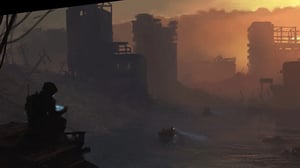
Concept Art Courses
Fast-track your career with personalized concept art courses and industry mentorship.
Explore Our Concept Art Courses and Discover Your Pathway
CG Spectrum’s online concept art courses prepare aspiring artists for the entertainment industry with hands-on training in digital painting, character and environment design, and storytelling.
Taught by industry professionals, the curriculum equips students with job-ready skills and advanced techniques to create captivating work for video games, films, and publishing.
Whether freelancing or working at top studios, students gain the tools to succeed and stay ahead with the latest industry practices.
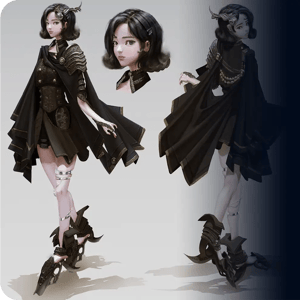
Concept Art Courses That Get You Career-ready
Explore our industry-focused concept art programs and be mentored by top concept artists who have worked on major films and games. From beginner short courses to advanced industry programs and accredited degrees– find the right study option for your skill level and career goals.
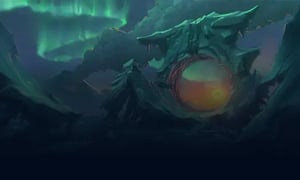
Essentials
Essentials
This short course will help you gain an understanding of concept art essentials. Apply your learnings to design assets with support and feedback from an industry pro. Basic drawing skills required.
View Course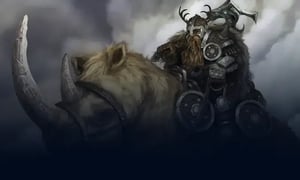
Foundations
Foundations
Build concept art foundations, from art theory to the latest techniques. Using core art principles, you'll learn how to turn ideas into captivating characters, creatures, props, and environments.
View Course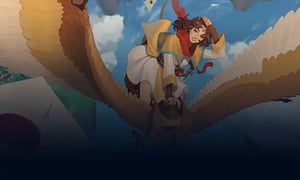
Specialization
Specialization
Learn advanced techniques and workflows to create narrative artworks that tell rich stories. Build industry job skills including how to work to a client brief, and refine your portfolio.
View Course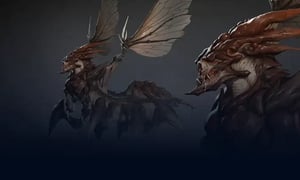
Digital Art
Digital Art
Become a concept artist for the creative industries. Create compelling characters, props, and environments using 2D and 3D software and learn industry production pipelines and creative workflows.
View CourseNeed Help Deciding?
We know choosing the right course can be tough, but don’t worry—we’re here to help!Get in touch, and we’ll guide you toward the perfect course for your goals and budget.Get The Education Your Deserve
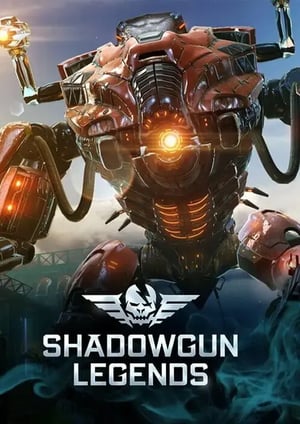
"I have nothing but great things to say of CG Spectrum!
I was a bit unsure when I signed up for the concept art course because I had no prior experience, but it changed my life. I had a great mentor, Brandon, who would always push me to do better and I learned valuable things in each class."

Erika H | Concept Art & Illustration
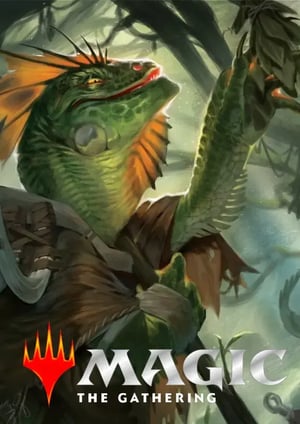
"I was approached by Skybound North, and after a couple of months freelancing, I was offered an in-house job on a new animation project.
I went to a game art school after I graduated, but it wasn’t really what I was looking for. At the same time, I had started CG Spectrum’s concept art course, which is where I met my mentor Brandon Reimchen. He was an amazing teacher!"

April P | Concept Art & Illustration
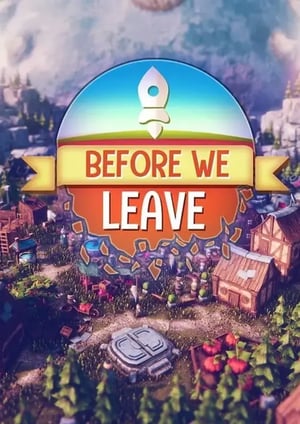
"I've never improved as an artist so quickly.
Great course! They teach you what you need to know and don't waste your time with stuff that just fills out a course. It was specific to what I needed to know. The classes are very personable and the mentors are industry professionals that never hesitate to put in the effort to help you out. I definitely would recommend this to people interested in getting into the industry."

Tom G | Concept Art & Illustration
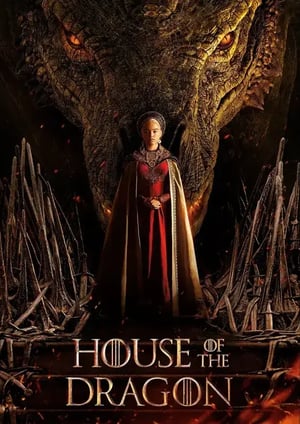
"Thank you CG Spectrum for giving me exactly what I needed to get started in this competitive industry.
I started the Concept Art & Illustration Course to create a stunning portfolio to apply for an internship. Without CG Spectrum I would never have been able to create a portfolio on a level that got me an amazing internship in Beijing."

Victoria P | Concept Art & Illustration
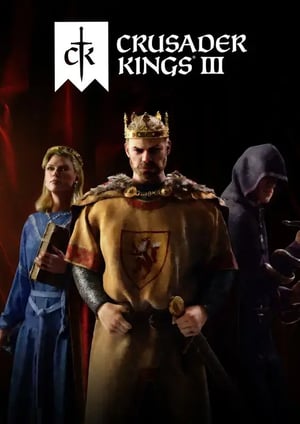
"Not just for people wanting to break into the industry, it's also for professionals already in it.
I am a concept artist at Paradox Interactive in Sweden, and I wanted to expand my illustration skills, so I decided to take the Digital Illustration Course. I am loving it!! If you're a professional and want to learn a new skill, I would say go ahead! Expand your set of skills!

Ahmed A | Concept Art & Illustration
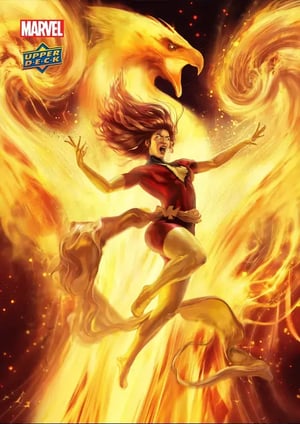
"I have never experienced such an explosive evolution in my art since attending CG Spectrum.
I have learnt an incredible amount, not only from my amazing mentor Eric Wilkerson but from the entire CGS community. Being part of such an amazing program has opened my eyes to techniques that have streamlined my process and increased my confidence tenfold. I highly recommend the Advanced Illustration Course. Buckle up, and knuckle down – this could be the course that changes everything for you."

Oliver H | Concept Art & Illustration
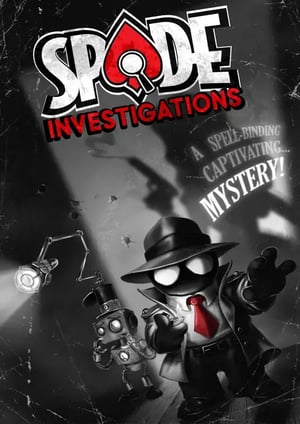
"Thanks to CG Spectrum, I am a lot closer to my dream of being a concept artist.
The curriculum structure is very reasonable, with both academic basic theories and useful suggestions for career paths. Thanks to my mentors, Brian Huang and Victoria Sarkissian, who not only taught me drawing skills and design techniques, but more importantly, they also gave me the confidence to continue working hard."

Xin L | Concept Art & illustration
Creations From Along the Way
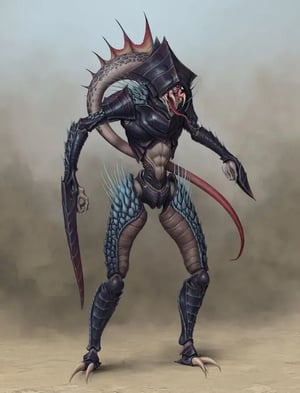
Augustin Gayer
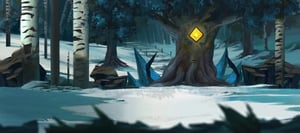
Christine Pagaduan
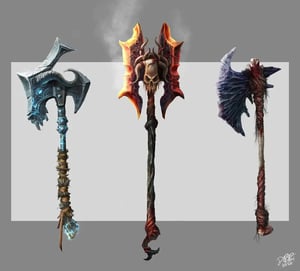
Danny McMullen
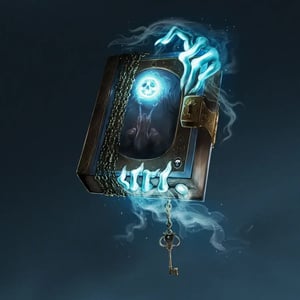
Ethan Walker
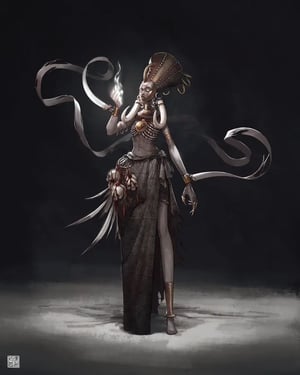
Filippo Scalisi
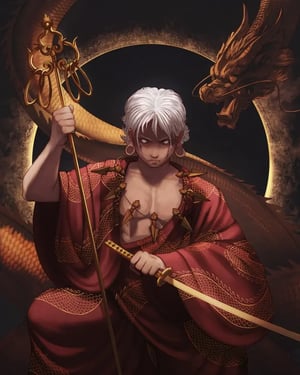
Filippo Scalisi
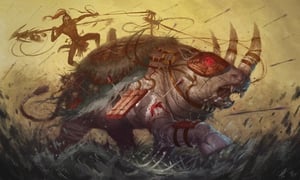
Gerrin Tramis
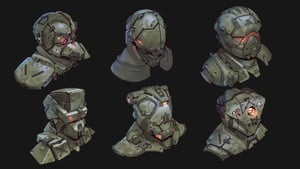
Gonzo Apestegui

Gwen Torenbeek
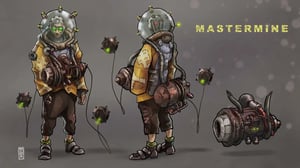
Henry Wong
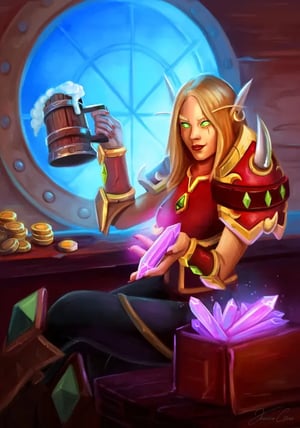
Jessica Geis
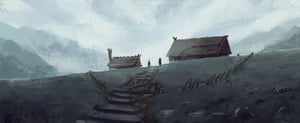
Joshua Brenton
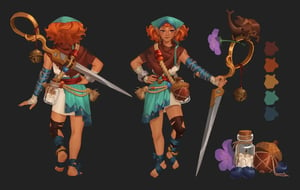
Kannita Yotsombut
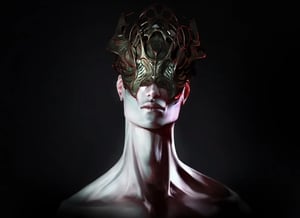
Molly Brown
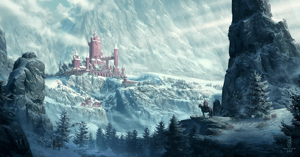
Niwa Jongkind
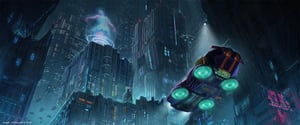
Niwa Jongkind
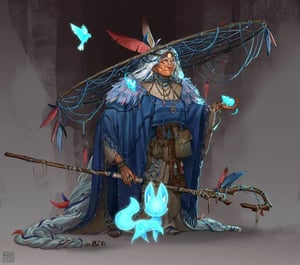
Olha Hyshchak
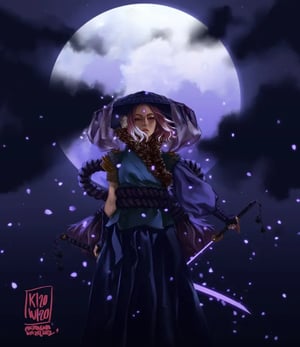
Patricia Vazquez
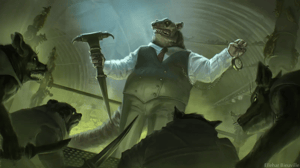
Raphaelle Bieuville
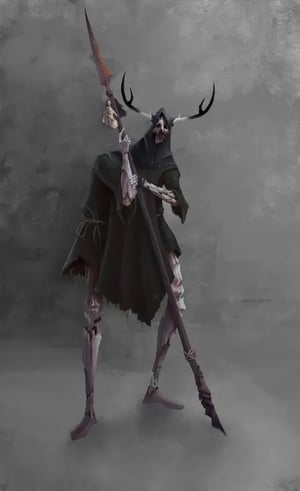
Renato Rivadeneira
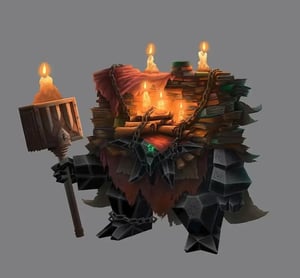
Tom Garden
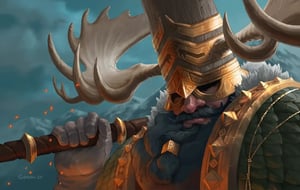
Tommy Graven
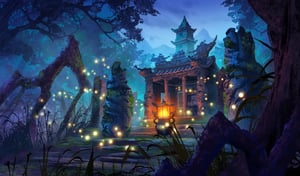
Xiaoya Lin

Niwa Jongkind
Join Our Alumni at World Class Studios
Our mission is to train highly skilled graduates ensuring they are prepared for a successful career. Take the first step towards joining our alumni at world-class studios creating work that inspires.














